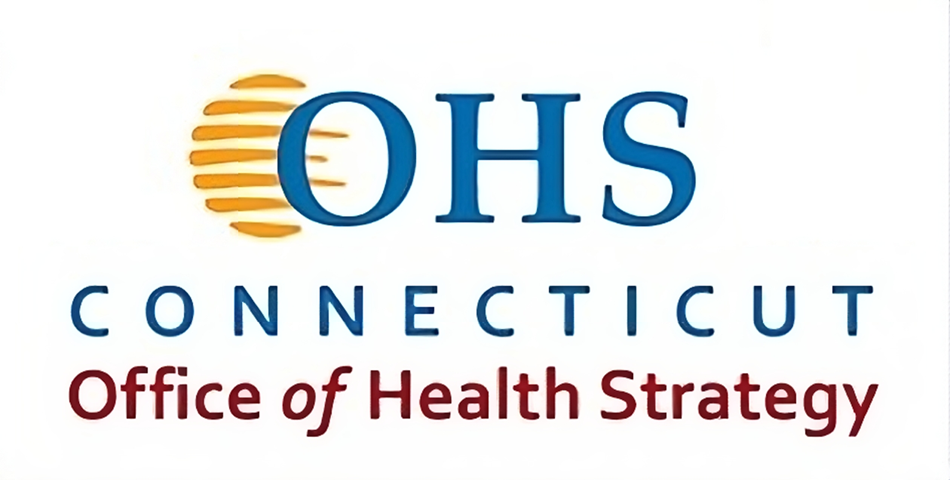A recent report from Connecticut’s Office of Health Strategy (OHS) has ignited a contentious debate regarding the effects of hospital consolidations on healthcare costs and the availability of essential services. The findings, released last week, indicate a correlation between hospital mergers and increased healthcare prices, prompting reactions from both legislators and industry stakeholders.
The report, which focused on consolidations occurring between 2013 and 2019 and their impact on the years 2016 through 2021, highlighted several key observations. According to the OHS, hospitals affected by consolidation experienced accelerated growth in healthcare prices and a rise in the utilization of high-profit healthcare services during the study period.
Senator Matt Lesser, co-chair of the legislature’s Human Services Committee, concurred with the report’s conclusions, emphasizing the adverse effects of unchecked monopolization on consumers. In a statement, Senator Lesser expressed his intent to collaborate with colleagues in developing legislation aimed at safeguarding consumers and addressing anti-competitive trends in the healthcare marketplace.
However, the Connecticut Hospital Association offered a contrasting perspective, asserting that the report relied on incomplete data and failed to acknowledge the preservation of patient access to care following consolidation. The association contended that the report did not delve into the financial circumstances driving hospital affiliations, nor did it consider the potential consequences of hospitals facing closure without consolidation.
The report distinguished between two primary forms of consolidation: horizontal and vertical. Horizontal consolidation, characterized by mergers between healthcare institutions of similar market power, was associated with increased negotiating power for hospitals, resulting in higher healthcare costs. Conversely, vertical consolidation, involving the acquisition of smaller hospitals by larger entities, was deemed detrimental to the availability of capital for healthcare provision.
Highlighting the differing impacts of vertical consolidation, the report noted changes in care delivery standards and increased utilization of specific services. Meanwhile, horizontal consolidation was linked to elevated negotiated prices for hospital care and subsequently higher overall healthcare spending.
Prepared by Altarum, a non-profit research and consulting organization, the report underscores the complexities surrounding hospital consolidation and its repercussions on healthcare affordability and accessibility.
In response to the report, Senate Republican leadership reiterated their commitment to lowering healthcare costs and safeguarding essential services. They emphasized the need for OHS to conduct its duties transparently and expeditiously, acknowledging the challenges posed by hospital consolidation, particularly for uninsured individuals, those facing high out-of-pocket costs, and residents of rural areas.
As Connecticut grapples with the implications of hospital consolidations on its healthcare landscape, stakeholders continue to engage in dialogue to balance the need for cost containment with the imperative of maintaining equitable access to quality care. The debate spurred by the OHS report underscores the importance of evidence-based policymaking in addressing the evolving challenges within the healthcare sector.
ctnewsjunkie.com










